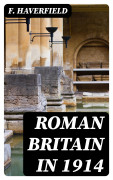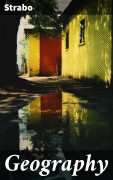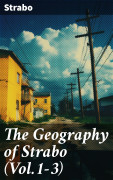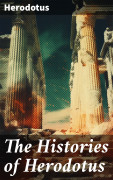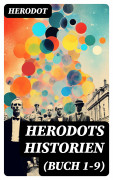Alfred Watkins: Early British trackways, moats, mounds, camps, and sites

| Produkttyp: | eBook-Download |
|---|---|
| Verlag: | Good Press |
| Erschienen: | |
| Sprache: | Englisch |
| Seiten: | 52 (Druckfassung) |
| Format: | EPUB
Info▼
|
| Download: | 2,8 MB |
Alfred Watkins' seminal work, 'Early British trackways, moats, mounds, camps, and sites,' is a pioneering study that delves into the fascinating history and significance of ancient British landscapes. Watkins presents a meticulous examination of the interconnectedness of prehistoric trackways, such as ley lines, moats, mounds, camps, and other archaeological sites, shedding light on their possible ritualistic and practical functions. His writing style is both scholarly and accessible, making this book a valuable resource for anyone interested in archaeology, history, or British landscapes. This book is a testament to Watkins' keen eye for detail and his innovative approach to understanding the past, making it a foundational text in the field of landscape archaeology. Alfred Watkins, a self-taught archaeologist and photographer, was inspired to write this book after years of observation and exploration of the British countryside. His background in surveying and his passion for uncovering hidden connections in the landscape led him to develop the theory of ley lines, which he explores in depth in this book. Watkins' dedication to his research and his commitment to sharing his findings with the wider public have solidified his reputation as a pioneering figure in the field of landscape studies. I highly recommend 'Early British trackways, moats, mounds, camps, and sites' to readers interested in the intersection of archaeology, history, and landscape studies. Watkins' groundbreaking work offers a unique perspective on ancient British landscapes, challenging conventional narratives and inviting readers to see the world around them in a new light.
